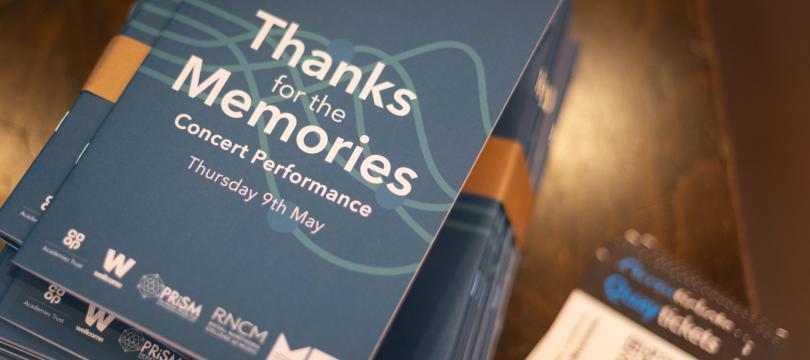Exchanging knowledge with universities
Pippa Coutts, Policy and Development Manager at Carnegie UK Trust, offers a view on the Knowledge Exchange Framework from the perspective of a research user.

Pippa Coutts, Policy and Development Manager at Carnegie UK Trust, a cross UK policy and practice organisation, offers a view on the Knowledge Exchange Framework from the perspective of a research user.
Is the Knowledge Exchange Framework (KEF) going to help policy makers and practitioners gain knowledge useful for making tricky decisions? That’s what it comes down to for many outside of the research sector: knowledge as a tool for social change. And this is how Research England frames the KEF. It has two purposes – one to help higher education institutions benchmark their own performance, the other:
'To provide businesses and other users (and potential users) of university knowledge with another source of information, which may increase visibility of potential university partners and their strengths, and contribute to their internal decision making processes'.
A two way process
For over 100 years, Carnegie UK Trust has sought to influence policy and improve wellbeing and we have found that we need many sorts of knowledge to do that. High quality, accessible, timely research is part of the mix but it’s not the only fish in the sea. Practitioners and policy makers bring their own experience and learning to policy change. We see knowledge exchange as being a two way process, a back and forward. So when I opened the KEF I looked for a recognition of the needs and knowledge of research users. Regrettably, I found that to be lacking.
Shoal of knowledge
Across the UK, we know of many good examples of co-operative working by universities with a range of stakeholders – spanning the private, public and third sectors; people with dementia; and excluded communities – but the KEF doesn’t seem to reflect these engaged ways of working. Rather, it looks like the more traditional, linear model where research is produced by universities, then disseminated to (not ‘with’) research users, with the assumption they will engage with it. But this method of research production and exchange fails to take into account the needs, structures and context of the rest of us, the research users. As my colleague Jennifer Wallace has written in a recent blog, a major barrier to the uptake and use of research has been the tendency for universities and their staff to see themselves as the ‘big fish’, with the answers, in the world of knowledge and knowledge exchange. Whereas, in reality when it comes to translating that knowledge into social change they are just one part of the process – in fact they might be a relatively small contributor in a shoal of stakeholders and competing priorities (see image above).
Consulting research users
I think that if the Knowledge Exchange Framework were to take this on board it’d look different. The consultation would start with asking research users what good knowledge exchange looks like for them.
The framework would seek to tell more of a story of change. The KEF aims to provide business and other users with more information and to make universities more visible. How will the metrics and visuals it offers make that happen? It’s worth remembering that policy makers respond to narratives and stories, and the benchmarking of clusters of universities might be irrelevant to outsiders as they are most interested in who they can talk to within a local institution.
The change narrative needs to explain how increasing people’s awareness of what universities have to offer will lead to the ultimate aim of increasing research use. For this to happen, there are a large number of assumptions at play, which haven’t yet been considered by the KEF. For example, we know that people outside of universities face a range of barriers to accessing research: such as knowing where to find it, its timeliness and a lack of confidence in using research.
Co-producing the KEF
If the university sector is serious about increasing its interaction with us outsiders then it needs to react to the challenges around working in partnership. One of the key ways to achieve this might be through following the principles of co-production, which highlight the strengths all parties bring to developing and delivering social policy, research and services. If the framework to drive improvements in university knowledge exchange began with recognising the needs and capabilities of the end users of research, it would make it much easier for us to engage with it and with universities. So, let’s look for ways of co-producing the KEF together.

